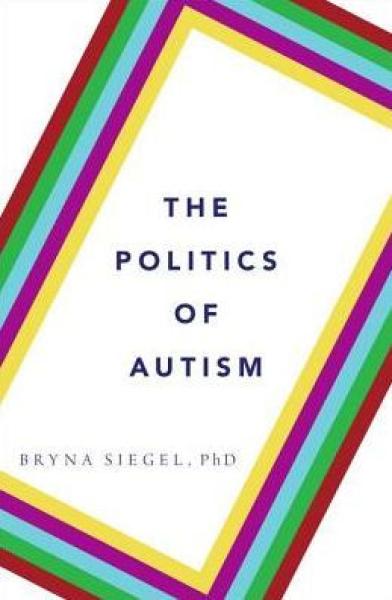Description
Siegel tackles thorny issues and perennial questions: How do we weigh likely treatment gains with treatment costs? Why does our autism education persist in teaching academic subjects some never master? Why do we fail to plan realistically for autistic adulthood? Which parents get caught up in non-mainstream 'treatments' and fear of vaccines?
Readers will see an insider's view of controversies in autism research. Siegel's views, sometimes iconoclastic, always frank and informed, challenge broad unexamined assumptions about our understanding of autism. Each chapter addresses different issues, data, and social policy recommendations. A chapter-by-chapter bibliography with URLs provides both popular media and scientific references.
Of all of the books written in the last decade about special education policy reform, this represents the best of the best. -- J.D. Neal, CHOICE
This excellent book is very timely, important, and relevant. It is wonderful to have all of these extremely important issues presented in such a cogent and compelling fashion. Siegel is someone who is never afraid to walk out on that limb and say things that others will not say and which may be unpopular. She speaks the truth, like it or not. This book will anger some people while giving solace to others. This is a book people will definitely talk about. I love it. -- Laura Schreibman, PhD, Distinguished Professor, Emeritus, Department of Psychology, University of California, San Diego
With 40 years of contributions to the field, Dr. Siegel offers a scientifically informed, pragmatic, long term view on the unmet needs of children and adults with autism and how the politics of autism have failed them. Dr. Siegel suggests reasonable and practical measures to optimize intervention and support for the individual child and his family that we should take seriously. The issues raised in The Politics of Autism extend much beyond autism and should be of interest to a larger audience of families whose children have been affected by different types of disability. -- Eric Fombonne, MD, Oregon Health & Science University, Professor of Psychiatry, Director of Autism Research, Institute on Development & Disability
The Politics of Autism is worth reading. Determined to tell it like it is and make radical arguments about what children need in order to achieve as much independence as possible to parents who prefer to hope against hope, Siegel challenges the contradiction she believes is embedded in autism culture: cure is much more valued than 'palliation' - though palliation is what most get most of the time. -- Glenn C. Altschuler Ph.D., Psychology Today
Passionate about vocational education, Siegel argues that we do no favors in trying to teach students skills they cannot learn and that resources must be committed to families in need today and not as efforts to fund research and find cures in the future. VERDICT: While readers may not always agree with Siegel's conclusions, her questions raised are vital for autism professionals to address. --Elizabeth Safford, Library Journal, Starred Review
Product Details
- Oxford University Press, Brand
- Sep 3, 2018 Pub Date:
- 0199360995 ISBN-10:
- 9780199360994 ISBN-13:
- 352 Pages
- 9.3 in * 6.4 in * 1 in Dimensions:
- 1 lb Weight:




